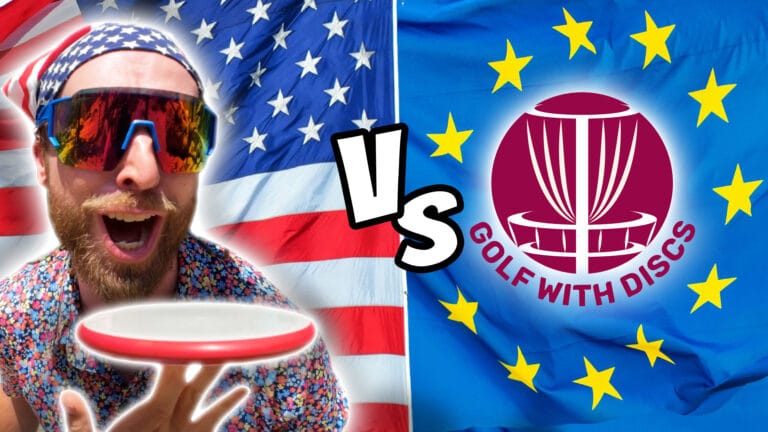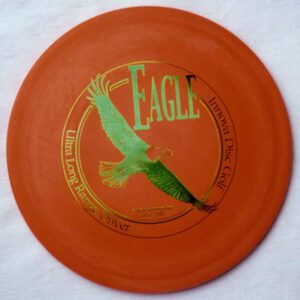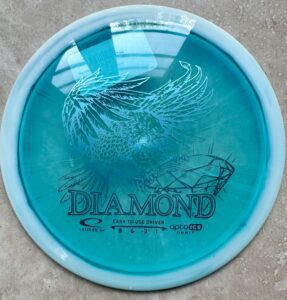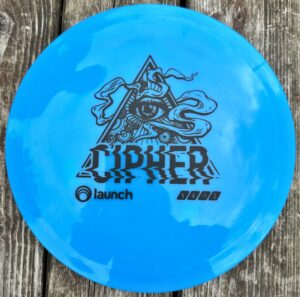You’ve probably noticed that what’s celebrated in American disc golf often lands with a thud in Europe. The disc golf popularity Europe vs US debate is more than statistics, it’s a cultural clash.
Americans love wide-rimmed drivers built to bully a crosswind on open prairie. Europeans, faced with forests so tight they resemble an archery range with trees as targets, lean towards discs that can weave, not wrestle. It’s a bit like arguing whether coffee is superior to tea. Each side thinks their taste is self-evident, until the data points out otherwise.
That’s why we built a system that tracks what people actually buy, not what influencers are paid to promote. When you see which discs top the charts in one region and flop in another, you realise why Wraiths rule Wichita but barely register in Warsaw.
We teamed up with @DaleDiscGolf to settle a few scores. Some discs are top 10 in the US but barely make the list in Europe. Why? Hype? Familiarity? A big name on the stamp?
Watch the video below as Dale throws the data head-to-head, pitting American favourites against European stalwarts.
Disc golf popularity Europe vs US is easier to appreciate when you see it in flight.
Explore the tools that power it all
The head to heads that prove the point
Click any name in DiscFinder and you’ll see full stats, alternatives, and comparisons. This isn’t about opinion. It’s about behaviour at scale.
The DiscList and what it tells us
Every Friday we publish live rankings showing which discs are flying off the shelves. No hype, no marketing gloss, just purchasing behaviour. Think of it as disc golf’s stock market. If you want to compare Europe and the US, start here.
The European substitutes
If Dale just revealed your favourite driver as a regional oddity, there’s no need to panic. Use DiscFinder to find European discs with matching flight numbers. You might even gain an advantage. Sometimes the disc that fits the local environment really does fit your game.
The cultural curiosity behind discs
Disc golf popularity Europe vs US isn’t about which nation is right, it’s about how geography bends taste. Americans want stability against prairie winds. Europeans want something that can pirouette between trees. Neither is wrong, both are brilliantly irrational in their own way. In behavioural economics, this is called path dependency. The environment writes the rulebook for taste.
Why disc golf tastes split across continents
When you look closely at disc golf popularity Europe vs US, you realise it’s less about preference and more about context. Americans design courses on open farmland, so stability reigns. Europeans inherit woodland, so manoeuvrability is prized. Discs reflect environment as much as player choice.
Brand loyalty follows the same logic. In the US, Innova and Discraft dominate because they shaped the early market and became synonymous with reliability. In Europe, Latitude 64 and Kastaplast carved out space by creating discs that thrive in tight, wooded layouts.
This is the IKEA effect in reverse. Americans stick with familiar models even if there are better fits. Europeans experiment more readily, swayed by novelty and scarcity. One group optimises for certainty, the other for curiosity.
Even golf disc flight numbers behave like cultural metaphors. A disc rated straight in the US might be treated as a utility disc in Sweden. The digits are identical, but the interpretation is entirely local.
And this is where tools like DiscFinder come in. They give you a chance to step outside your defaults and ask: am I throwing this because it suits me, or because it suits my postcode? Behavioural economists call this choice architecture. By comparing Europe and the US, you start making choices consciously rather than unconsciously.
What you can explore next
- Browse top discs in Europe
- Browse top discs in America
- Explore top brands in Europe
- Explore top brands in America
- Compare leading brands globally
Think we missed something? Think Dale exaggerated? Perfect. Debate makes the data richer. Drop us a line or call it out on socials.
FAQs
American courses favour stability against wind, while European courses reward control through trees. This shapes disc preferences by region.
European players often choose discs like the Reko, Pearl, and Proxy, which handle tight fairways better than many US favourites.
Brands such as Innova dominate the US, while Scandinavian companies like Latitude 64 and Kastaplast perform strongly in Europe.
The DiscList publishes weekly rankings comparing disc sales in the US and Europe, based on real purchasing behaviour.







